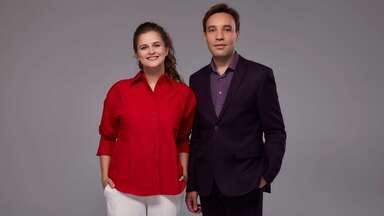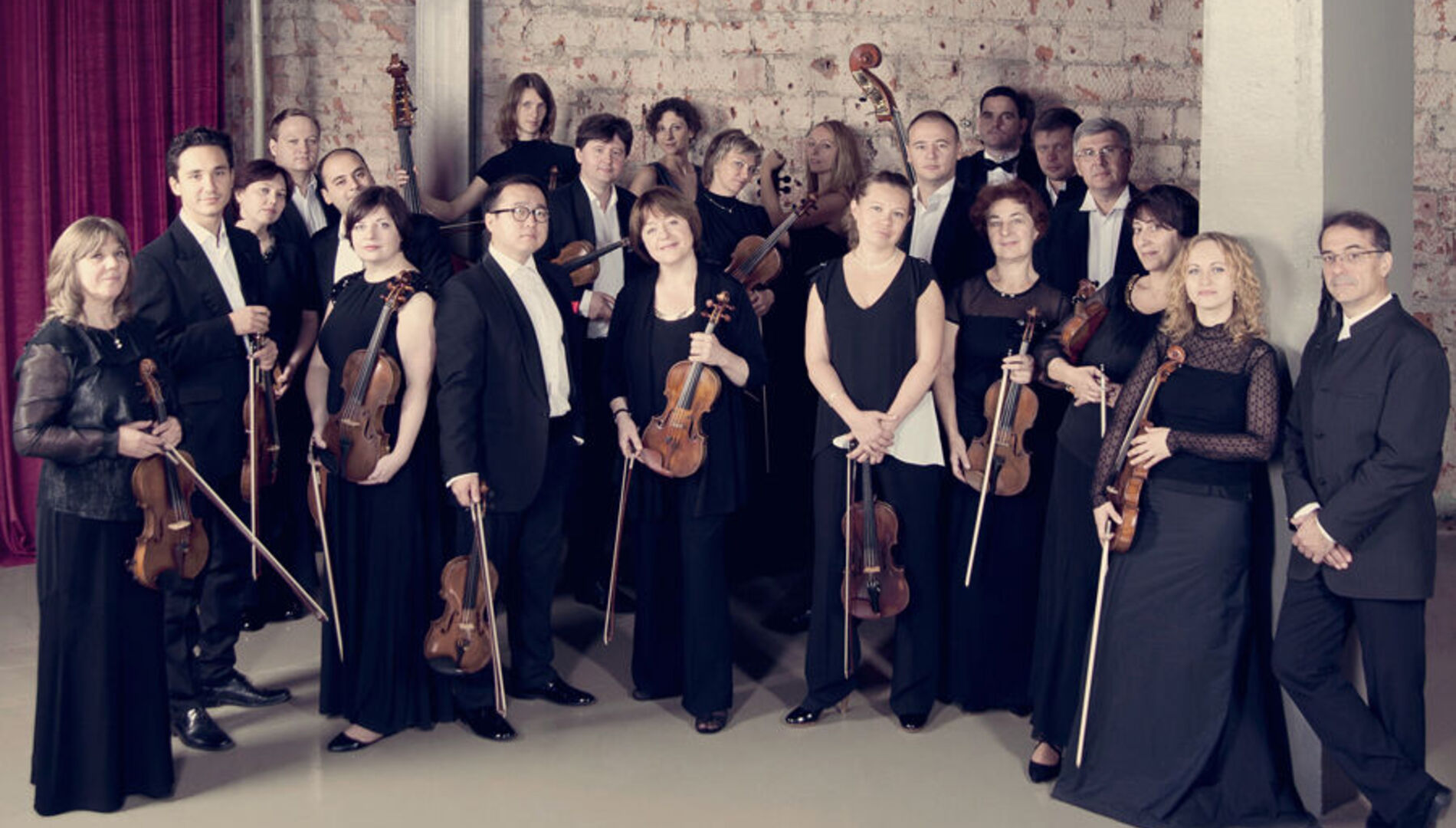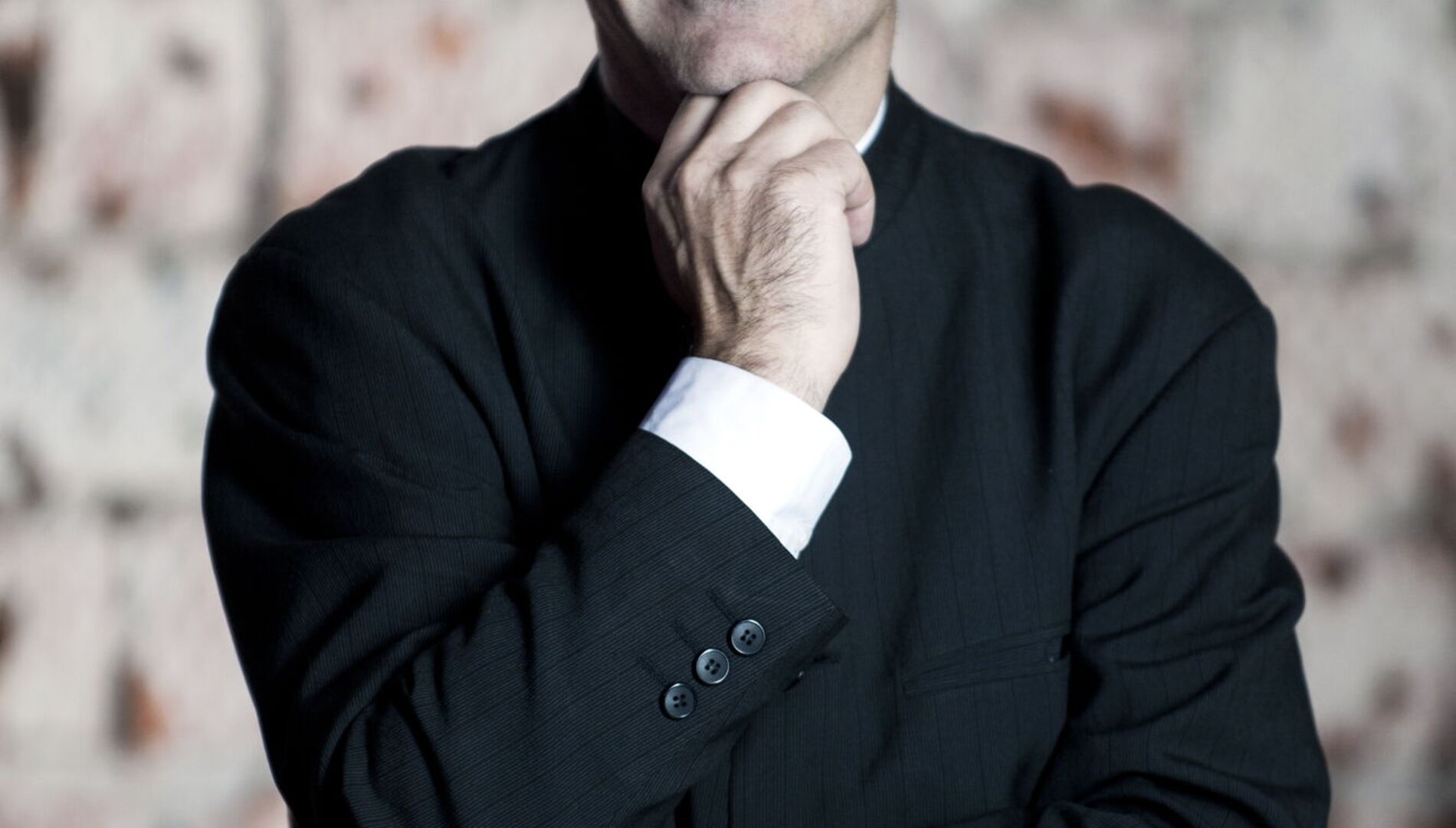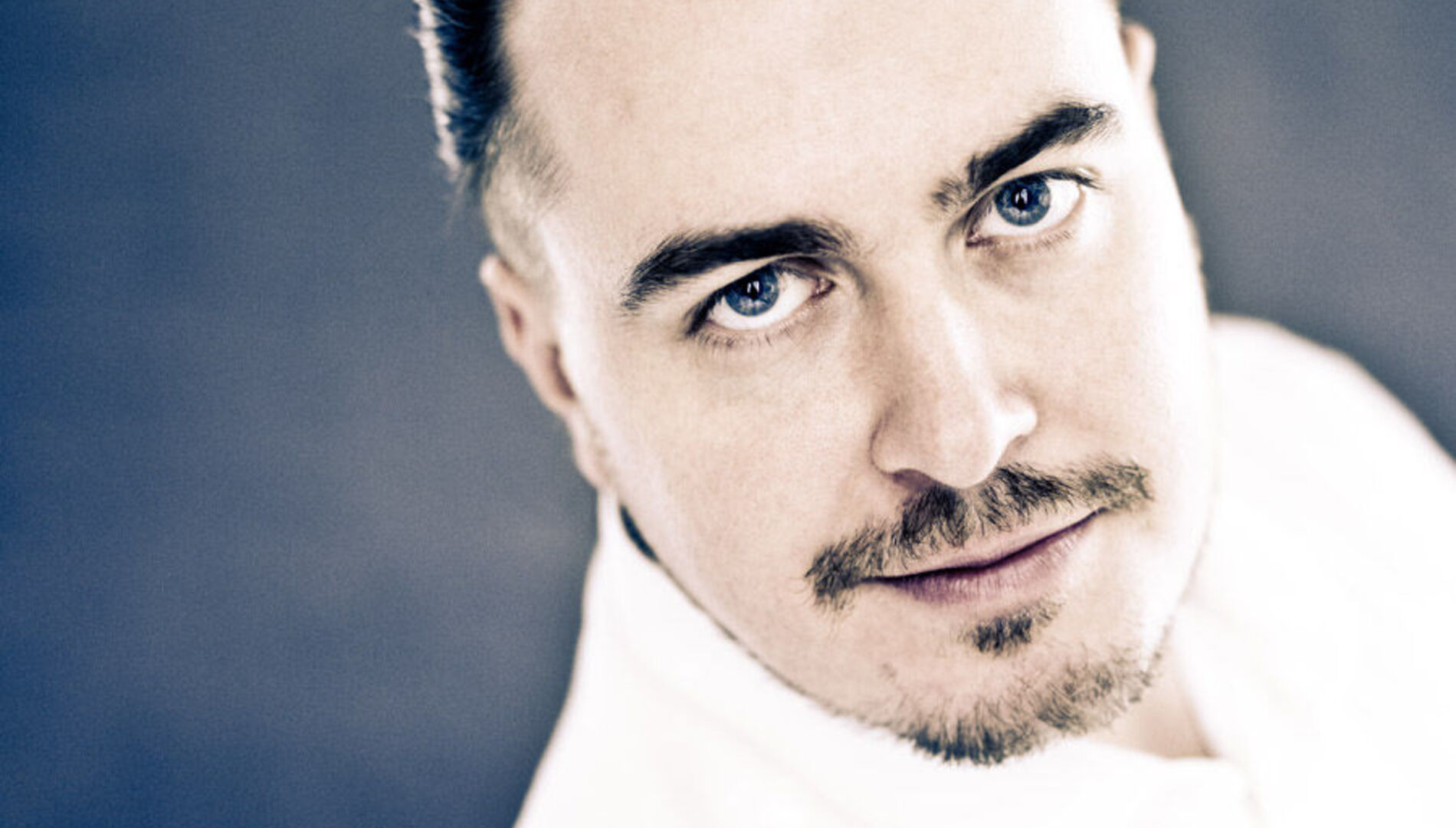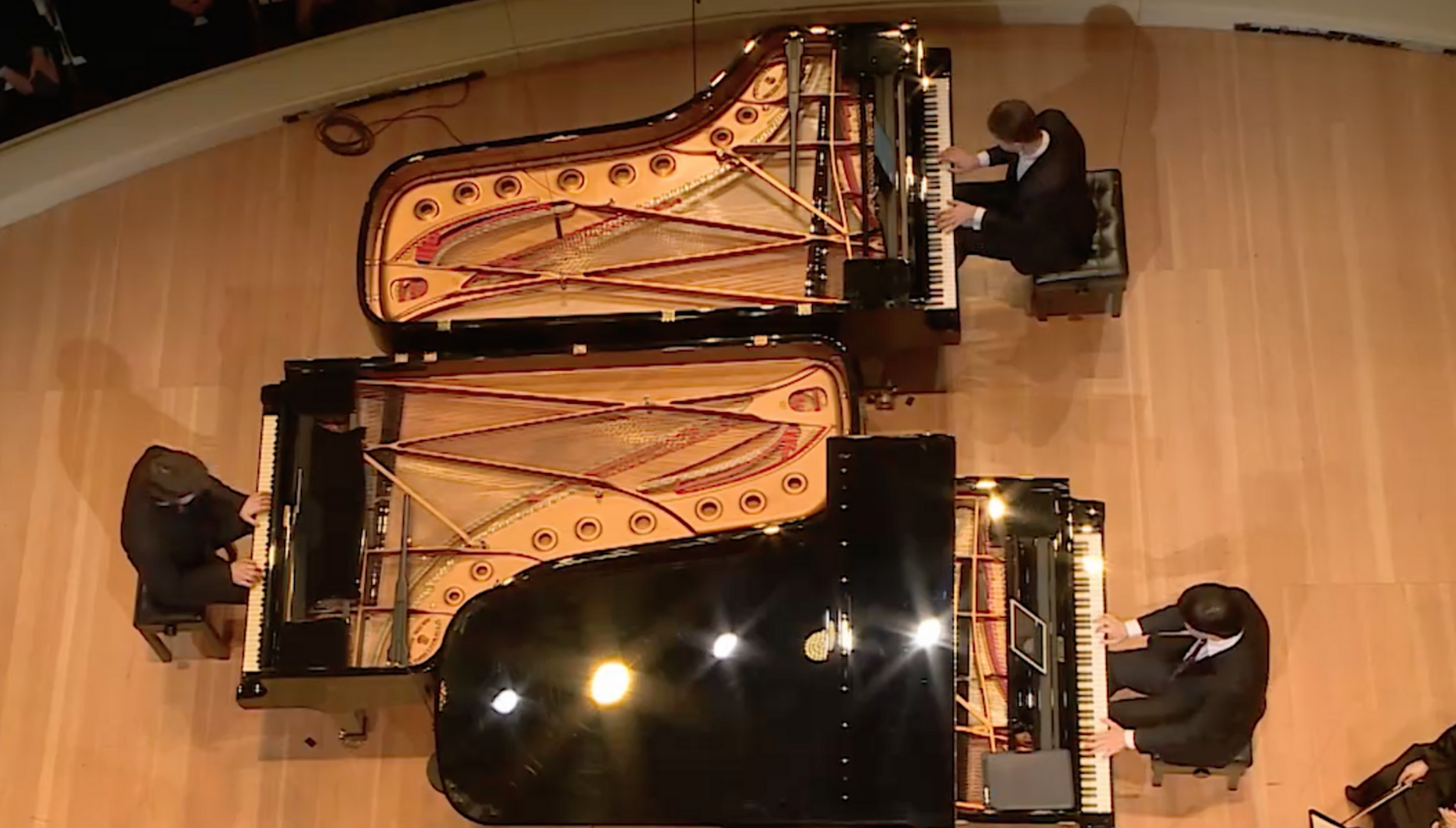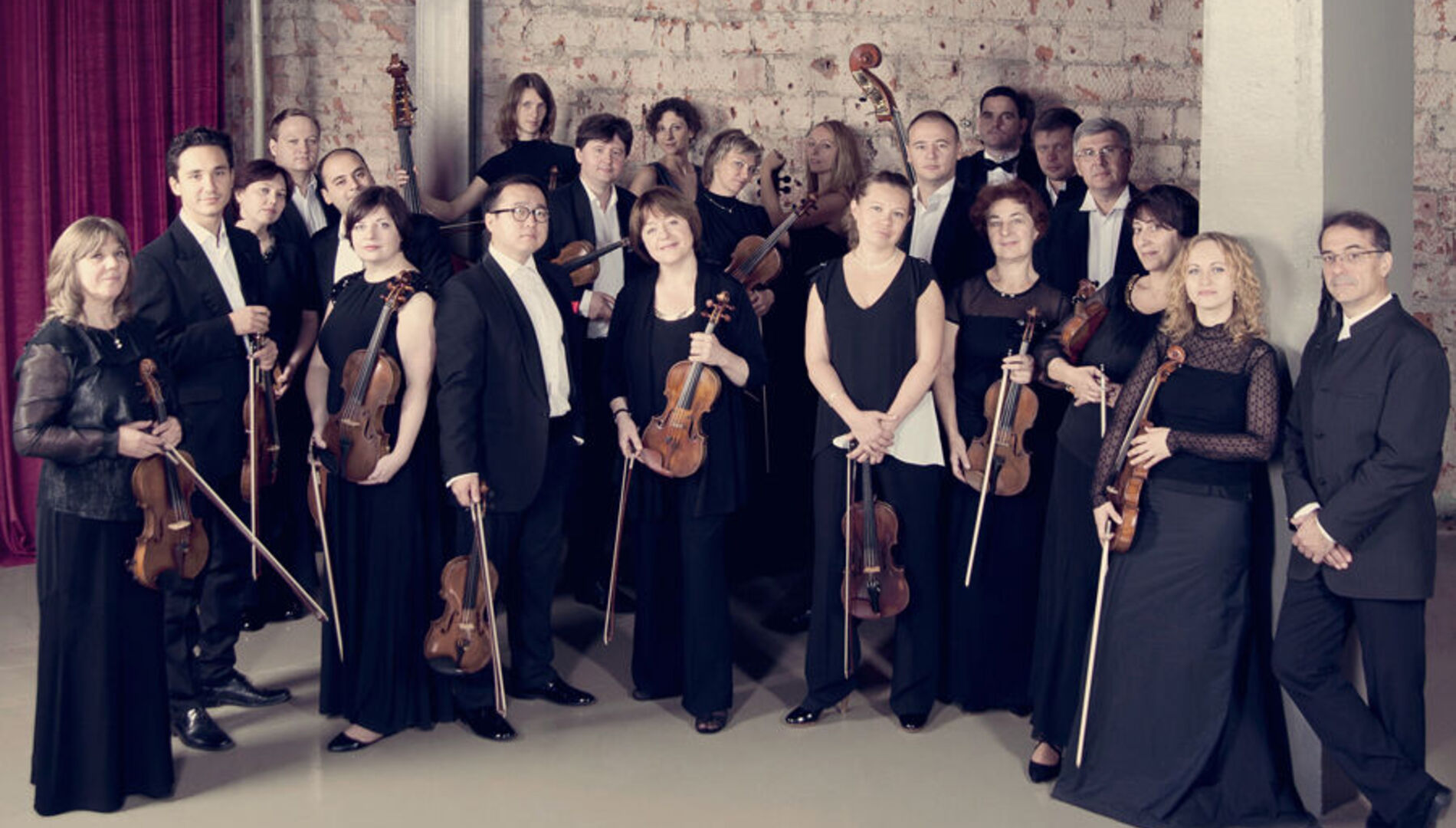Московский камерный оркестр Musica Viva
Александр Рудин дирижер, виолончель
Дмитрий Синьковский скрипка
Изидор Эразм Графенауэр (теорба, барочная гитара)В программе:
Локателли
Театральная интродукция си-бемоль мажор, соч. 4 № 3
Трио-соната для скрипки, виолончели и basso continuo ля мажор, соч. 8 № 10
Джеминиани
Кончерто гроссо № 12 ре минор (La Folia), H.143
Корелли
Кончерто гроссо до минор, соч. 6 № 3
Вивальди
Концерт для скрипки, струнных и basso continuo (Grosso mogul) ре мажор, RV 208
Концерт для скрипки, виолончели, струнных и basso continuo си-бемоль мажор, RV 547
